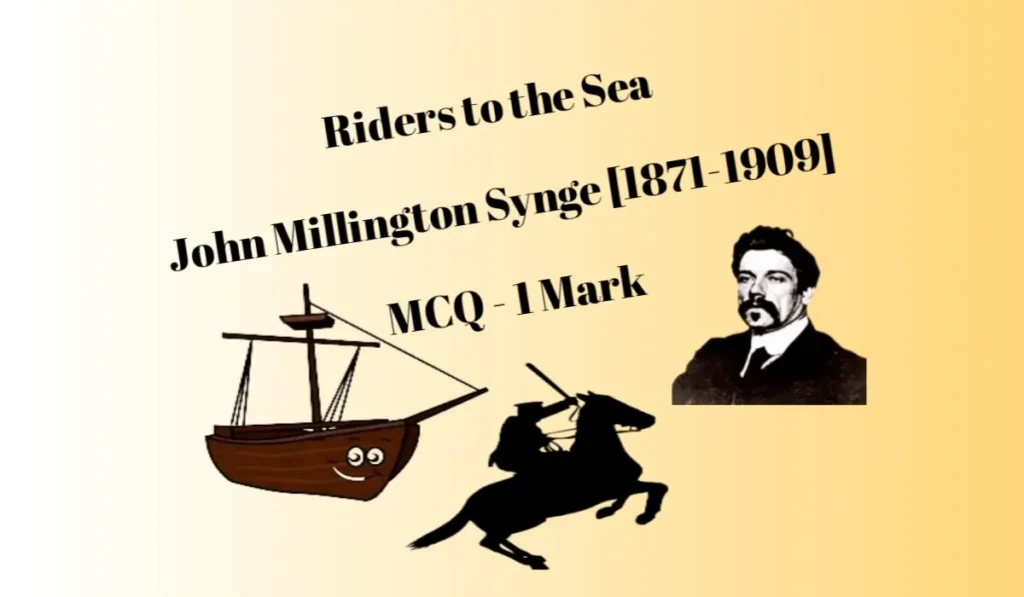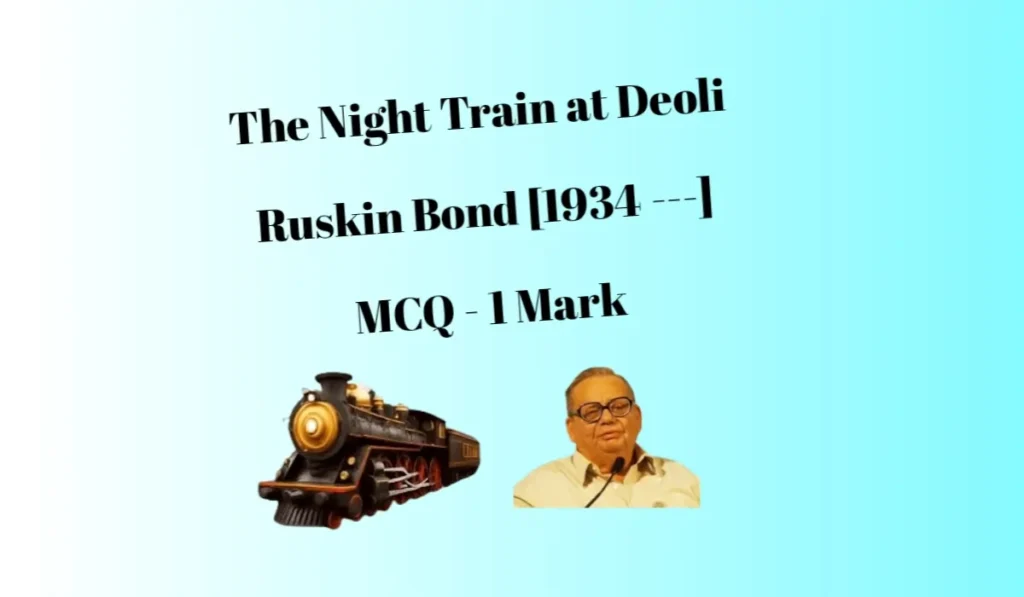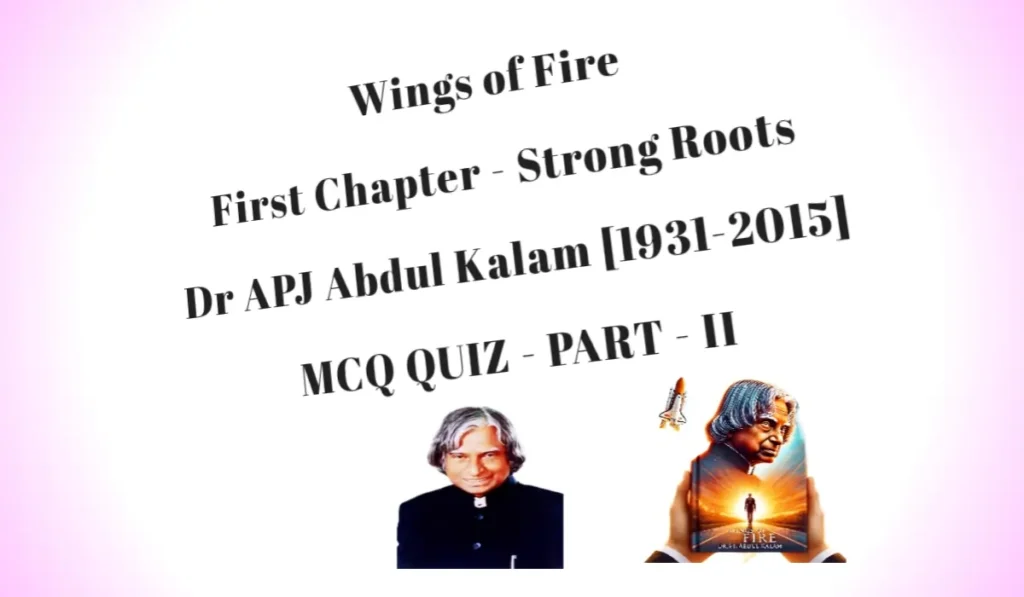Question : Essay-type
Discuss ‘The Last Ride Together’ as a dramatic monologue.
Introduction
Browning signalised his career as a dramatic poet, but his plays could not be acted on the stage for in them the thought of element was more prominent than action. His characteristic art form was the dramatic monologue. Here Browning achieved success because a dramatic monologue imitates action concentrated on a particular situation. The chief concern of dramatic poetry, as Browning believed, was the representation of the development of the soul, and so the dramatic monologue appeared to him as the appropriate one.
Dramatic Monologue : Definition
A dramatic monologue in Young’s words is “a kind of comprehensive soliloquy.” In a soliloquy, the speaker delivers his own thoughts when he is alone. In a dramatic monologue, there is the presence of the second person to whom the thoughts of the speaker are addressed, though he does not interrupt the speaker. His presence is implied. The dramatic monologue has all the essential qualities of a drama– vividness of dramatic situation, changes in moods and a revolution of character through speeches. It is essentially a study of character. It is prominently psychological, meditative and argumentative.
The Last Ride Together : A Dramatic Monologue
‘The Last Ride Together’ is a passion-fraught dramatic monologue. As in all other dramatic monologues of Browning, the poet places the character in an intensely dramatic situation. The rejection of his love by the beloved is the most critical moment for the lover. In such a moment he reveals his inmost thoughts. Browning seizes upon the situation arising out of the last ride together with the beloved.
In the poem the presence of the beloved is always suggested. There is implied response of the beloved when the lover says ‘right!’ There is an implied action when the lover suggests that the lady lies upon his breast. The dramatic power of the poet is clearly evident in his ability to probe into the inmost thoughts of the lover in a particular situation. A natural background is suggested and there are vivid touches of realistic description—
“We rode, it seemed my spirit flew,
Saw others regions, cities new,
As the world rushed by on either side.”
Browning : A Thinker
Browning is not merely a dramatic artist. He is also a thinker. The ideal aim of a dramatic monologue may be the faithful self-portrayal of the personality of the supposed speaker. In spite of Browning’s claim for the absolute objectivity of his dramatic writing, his own thoughts and beliefs appear in his dramatic monologues which often act as a medium for his own philosophy.
Browning’s Optimistic Philosophy In The Last Ride Together
This poem of love is an impassioned expression of Browning’s optimistic philosophy of life. In his opinion, real success is rare in this world. The lover expresses this philosophy of life. The ‘pretty done’ is in grim contrast with the ‘undone vast’. The hand can achieve little of what brain conceives. For example, the statue that a sculptor produces after years of toil hardly reaches the ideal of a living beautiful girl. Similarly the poet who seeks to express what is best in his thoughts and feelings invariably, fails to reach his highest ideals. Another point in this philosophy is that a man who achieves everything in the world, has little to hope for in heaven “One must lead some life beyond”, and therefore one should —“Have a bliss to die with, dim-descried.”
Browning : A Psychologist In The Last Ride Together
In this poem, Browning, the psychologist is clearly evident. A wonderful example of Browning’s psychological insight into the lover’s mind is found in the following lines–
“Who knows but the world may end tonight?”
Here Browning takes up a character in a vivid moment of life and makes him living soul of history.
When we see the lovers passing in review in the lives of the poets, sculptors, statesmen and soldiers, we think that it is Browning, the poet who is the speaker.
Conclusion
The poem really combines lyrical and dramatic elements. In this passion-fraught dramatic monologue, Browning presents the complex feelings of a lover, disappointment turning into triumphant faith and joy, ecstasy mingling with suspense of doubt. At the same time, as has already been noted , the philosophy of the poet is presented through the speaker in an intensely dramatic situation.








